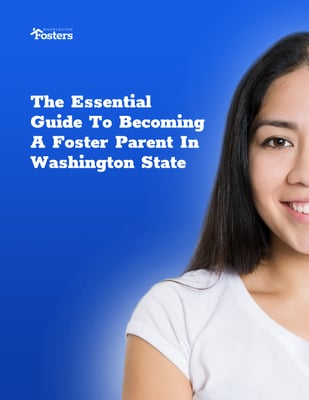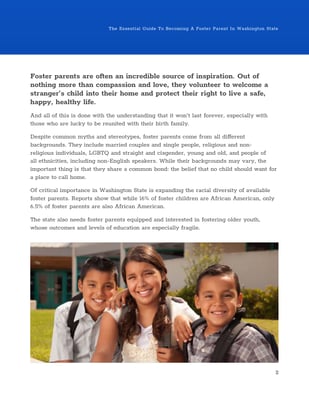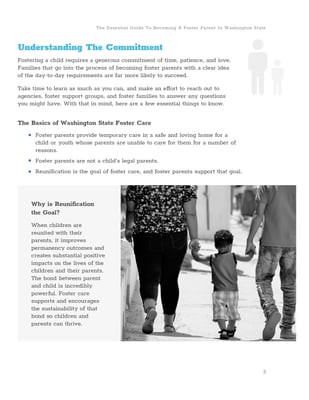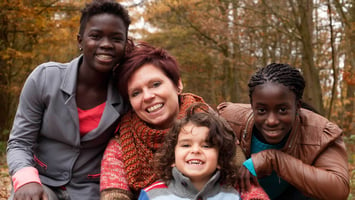“Being a foster parent is hard, but being a foster child is much harder.” — The Washington Post, “Childhood trauma brings its own health problems for foster families”
Picture your first week as a foster parent. You’ve taken in a 12-year-old girl who’s been in out-of-home care for six months.
She’s been through the trauma of growing up in a household where she was neglected and taken away from her mother who struggled with substance abuse.
One night, she puts all of your jewelry in the garbage disposal and flips it on. What would you do?
Compared to their peers, foster kids are six times more likely to have behavioral challenges, according to the journal Pediatrics. The reason? Past experience with trauma.
It’s estimated that 90% of foster children endure some kind of trauma by the time they reach out-of-home care. That statistic in itself is understandably nerve-wracking for those who are thinking about becoming a foster parent, but aren’t sure how they would handle difficult situations like the one above.
Yet, if you understand how that trauma may manifest itself in a child’s emotions and behaviors, you will be better equipped to manage unexpected incidents. And, more importantly, you’ll be more prepared to help a child heal.

How Trauma Affects Behavior In Foster Children
A recent article in The Washington Post describes one woman’s journey from fearing to fostering.
After being diagnosed with endometriosis, Jenny Rough and her husband decided to look into fostering. After hearing real-life stories about behavioral issues, including one about a girl who set a bathroom rug on fire, she stepped away to reconsider foster care entirely.
But Rough didn’t stop there. She started doing more research. What she found was a wealth of information about the traumas that foster care children often endure.
Not only are there the traumatic experiences that lead to a child’s removal from their home, but there is also the removal itself, which is devastating.
Ultimately, these traumatic experiences leave emotional and psychological scars. For example, the article mentions that foster children suffer PTSD symptoms at a rate “almost twice as high as veterans.”
“This article makes clear what happens to a child’s brain when they have been abused or neglected, but currently the child welfare system doesn’t do well explaining the trauma that children who have been abused and neglected have experienced,” says Jill May, Executive Director at Washington Association for Children & Families.
“To set a foster parent up for success, they need to better understand these issues along with how to help, support, and love these children.”
How Foster Parents Can Help Traumatized Children
For Rough, she overcame her fears by learning more about the traumas that children face in out-of-home care. As May says, “It isn’t easy to be a foster parent, but being able to self-reflect on our own life and experiences helps normalize the behaviors of a foster youth.”
In general, potential foster parents should do their research to understand what it’s like to be a foster parent and be able to care for the children in their care. That’s what will set you up for success when you’re put to the test.
In Washington State, as throughout most of the country, the greatest foster care need is for sibling groups and teenagers. However, older foster youth also present many of the trauma-induced behaviors that most intimidate foster parents.
Learning how to cope with new situations, problematic behaviors, and erratic emotions is a critical component of any foster parent training.
Your agency, non-profit groups, and other foster families are all invaluable resources for learning more about taking care of traumatized children. But don’t stop there. Seek additional training during the licensing process to ensure you are as prepared as possible. The most successful foster parents are those that take a proactive approach to training and education.
Foster children need your help. Learn more about how you can help in this free guide to becoming a foster parent in WA.








